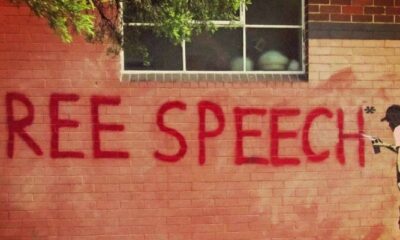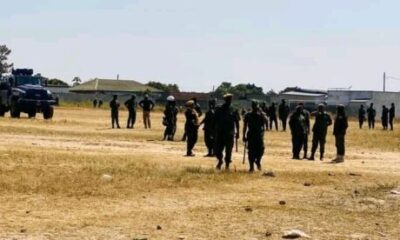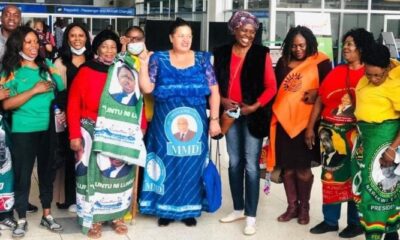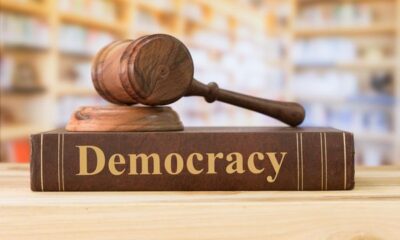

Zambia’s media landscape has undergone a major transformation in recent years, driven by technological advancements, evolving consumer behavior and changes in regulatory frameworks. This shift has...


The proliferation of misinformation, disinformation and fake news has become a pressing global concern and Zambia, like many other African countries, is not immune. Misinformation refers...


Freedom of speech is widely recognised as a fundamental right and moral principle that defines an individual’s freedom of action in a social context. However, realising...


In a democratic country like Zambia, a free and independent media is essential for holding those in power accountable, promoting transparency, good governance and facilitating public...


Now at 60, Zambia has made significant strides toward achieving a free society where citizens can picket and express their opinions without fear of reprisal. Despite...


The fundamental principles of ethical journalism—objectivity, precision, accuracy, conscience, fairness, impartiality, humanity, transparency and serving the public interest—are crucial for maintaining the integrity of the profession....


The media is a powerful tool for disseminating information and reaching targeted audiences, including the most remote areas. However, accessing some of the hardest-to-reach populations requires...


Active political participation is vital for ensuring leaders are accountable and promoting transparency. In Zambia, while several political parties participate in general, by-elections, and ward elections...


Zambia, like many countries, stands to gain from robust free speech, but it also faces challenges from what some describe as an “avalanche of speech.” While...


Online censorship refers to the legal control or suppression of what can be accessed, published, or viewed on the internet. In Zambia, this role can be...